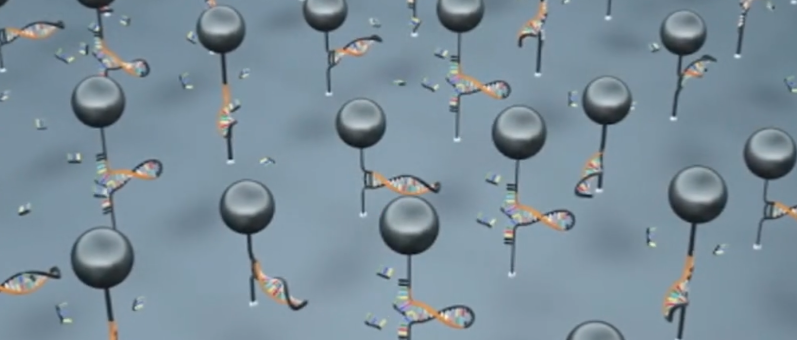
Depixus raises €30.6m in Series A financing
French-British magnetic trap specialist Depixus has raised €30,6m to develop a commercial instrument based on the company's MAGNA technology.
The financing of the spin-out from Paris-based Ecole Normale Supérieure (ENS) was led by Lansdowne Partners and Bpifrance with participation by Casdin Capital, and existing investors, including Arix Bioscience. This financing brings the company’s total equity and grant funding to-date to over €41m.
Depixus has piloted an innovative technology for the fast, accurate, and straightforward extraction of multiomic information from DNA and RNA based on a prototype magnetic trap’. Samples of nucleic acids are captured within a flow cell and then can be analysed at multiple levels of resolution. According to the Paris- and Oxford-based company, the financing will be used to further develop its proprietary MAGNA instrument system, workflows, and reagents towards commercial launch.
With MAGNA, large numbers of individual molecules of DNA and RNA are captured in their native form, immobilised within a flow cell, and are then available for repeated interrogations that can reveal a broad range of features including base modifications, molecular structure, and interactions with other nucleic acids, proteins, or drugs. These capabilities unlock previously unattainable insights into the dynamic genome – the layers of information beyond the four-base coding sequences of DNA and RNA, that are key to gene expression, regulation, and control.
Detection of changes in base modification patterning have been shown to underpin many disease processes. Depixus’ platform technology has the potential to greatly accelerate access to this complex layer of the dynamic genome, opening up significant opportunities in the earlier detection and improved management of common diseases such as cancer.
Moreover, the way in which nucleic acids, especially RNA, are folded and structured is also critical to biological regulation. MAGNA therefore has strong potential as an aid in the discovery of drugs that either disrupt or stabilise RNA structures – affording opportunities to modulate hitherto undruggable’ pathological cellular processes.
Following this capital raise, Lachlan MacKinnon and Thibaut Roulon, will join Mark Chin of Arix Bioscience, Ronald Lindsay, Steve Allen, Gordon Hamilton, and John Berriman, on the Board of Directors.


 Immunic/Nela Dorner
Immunic/Nela Dorner
